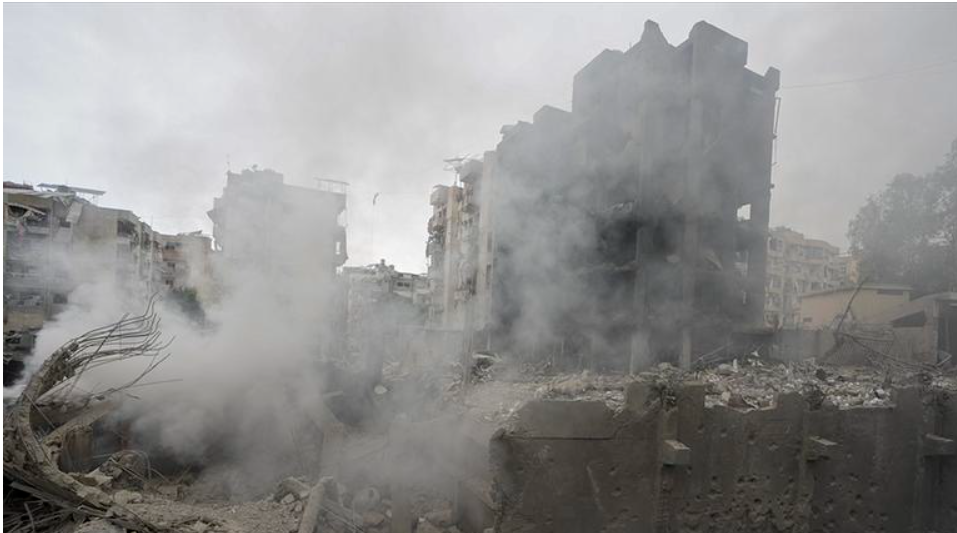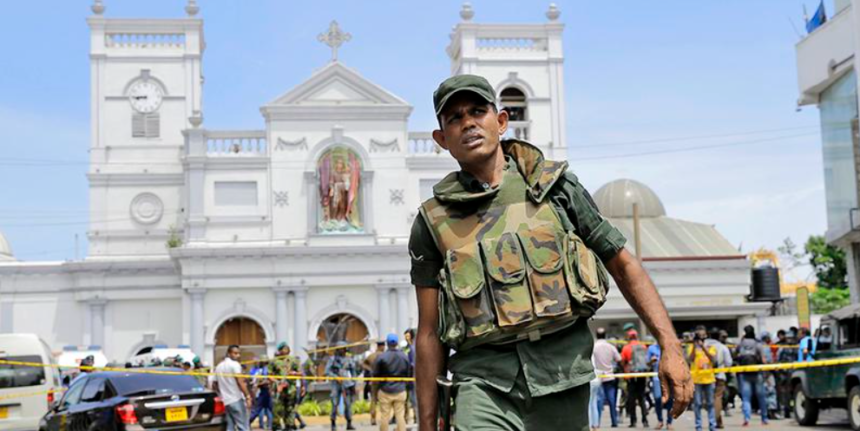On October 8, 2024, the Sri Lankan government made a pivotal decision to order a fresh investigation into the horrific Easter Sunday bombings that shook the nation in 2019. This decision comes in the wake of mounting public pressure, demands for accountability, and the urgent need to address the deep-rooted issues that have plagued Sri Lanka since the attacks. This blog will delve into the context of the bombings, the implications of the new investigation, and the broader societal impact on Sri Lanka.
The 2019 Easter Sunday Bombings: A Brief Overview
On April 21, 2019, Sri Lanka experienced one of its darkest days when a series of coordinated suicide bombings targeted three churches and three luxury hotels. The attacks claimed the lives of over 260 people and injured more than 500, leaving a nation in mourning and shock. The bombings were carried out by a local extremist group known as the National Thowheeth Jama’ath (NTJ), which had pledged allegiance to the Islamic State (ISIS).
The targets were specifically chosen to maximize casualties during Easter Sunday celebrations, a time of significant religious importance for Christians around the world. The bombings not only devastated families and communities but also exposed vulnerabilities within Sri Lanka’s security apparatus, leading to a national conversation about safety, intelligence, and the government’s preparedness to thwart such attacks.
Initial Investigations and the Call for a New Inquiry
Following the attacks, the Sri Lankan government launched an investigation that resulted in numerous arrests and some convictions. However, the initial inquiries were met with widespread criticism for their lack of transparency and effectiveness. Many felt that the investigations were marred by political interference, inadequate coordination among law enforcement agencies, and an overall failure to address the broader context of radicalization and extremism within the country.
Easter Sunday Bombings Key issues that plagued the initial investigations included:
- Intelligence Failures: Reports indicated that authorities had received intelligence warnings about potential attacks but failed to act on them effectively. This raised serious questions about the capabilities and responsiveness of Sri Lanka’s intelligence services.
- Political Interference: There were allegations of political leaders attempting to shield certain individuals or groups from scrutiny, creating an environment of mistrust and skepticism among the public.
- Judicial Delays: The legal processes following the attacks were slow, with families of victims expressing frustration over the lack of progress in securing justice.
Given these concerns, the decision to initiate a new investigation signals a commitment to accountability and transparency, with the government acknowledging the shortcomings of previous efforts.
The New Investigation: Objectives and Implications
The announcement of a new investigation into the Easter Sunday bombings is a crucial step toward addressing the demands of the victims’ families and the wider public. The government has stated that this new inquiry will focus on several key objectives:
- Comprehensive Accountability: The Easter Sunday Bombings new investigation aims to ensure that all individuals and entities involved in the planning and execution of the bombings are held accountable, including potential lapses in security and intelligence.

- Transparency in the Process: The government has emphasized the importance of transparency throughout the investigation. This includes regular updates to the public and engagement with victims’ families to rebuild trust.
- Root Cause Analysis: The inquiry will also seek to understand the broader socio-political context that contributed to the rise of extremism in Sri Lanka. This includes examining the failures of past governance and policies that may have allowed radical ideologies to flourish.
- Collaboration with Experts: To enhance the credibility of the investigation, the government has expressed its willingness to work with international experts and organizations, drawing on best practices from around the world.
Societal Impact: Healing and Reconciliation
The Easter Sunday bombings not only resulted in significant loss of life but also exacerbated existing tensions between different religious communities in Sri Lanka. The attack intensified fears of communal violence, leading to a climate of distrust and animosity between various groups.
The Easter Sunday Bombings new investigation has the potential to serve as a catalyst for healing and reconciliation in the country. By addressing the root causes of extremism and ensuring justice for the victims, the government can work toward rebuilding trust among communities. Key components of this healing process include: 
- Engagement with Religious Leaders: Easter Sunday Bombings Building bridges between different religious communities is essential for fostering dialogue and understanding. Engaging religious leaders from various faiths can help promote messages of peace and unity.
- Education and Awareness Programs: Increasing awareness about the dangers of extremism and the importance of tolerance can contribute to a more harmonious society. Educational initiatives that promote understanding between communities can help counteract radical ideologies.
- Economic Development Initiatives: Addressing socio-economic disparities that can fuel grievances and resentment is crucial. Providing economic opportunities and social services can help mitigate the conditions that lead to radicalization.
- Ongoing Government Accountability: Ensuring that the government remains accountable to its citizens is vital for rebuilding trust. Regular updates on the progress of the new investigation and subsequent actions can demonstrate the government’s commitment to justice.
The International Community’s Role
The Easter Sunday bombings attracted international attention and condemnation, with countries around the world expressing solidarity with Sri Lanka. The new investigation may also prompt greater engagement from the international community in supporting Sri Lanka’s efforts to combat extremism and promote stability.
International organizations and governments can play a crucial role by:
- Providing expertise and resources to assist with the investigation.
- Supporting capacity-building initiatives for Sri Lanka’s security forces and intelligence agencies.
- Promoting dialogue and collaboration among different religious and ethnic communities.
Conclusion
The decision to order a new Easter Sunday Bombings investigation into the 2019 Easter Sunday bombings represents a significant step toward achieving justice and accountability in Sri Lanka. As the nation grapples with the aftermath of these tragic events, the renewed inquiry offers hope for the victims’ families and the broader society.
For the Sri Lankan government, the challenge lies in demonstrating a genuine commitment to transparency and accountability. By addressing the shortcomings of previous investigations and engaging with all stakeholders, Sri Lanka can work toward healing the wounds inflicted by the bombings and fostering a more inclusive and peaceful society.
As the new investigation unfolds, the eyes of the nation and the international community will be on Sri Lanka, hoping for a thorough and just resolution that honors the memories of the lives lost on that fateful day in April 2019. ALSO READ:- BJP Retains Haryana with a Third Straight Win; Congress Suffers a Jolt 2024





